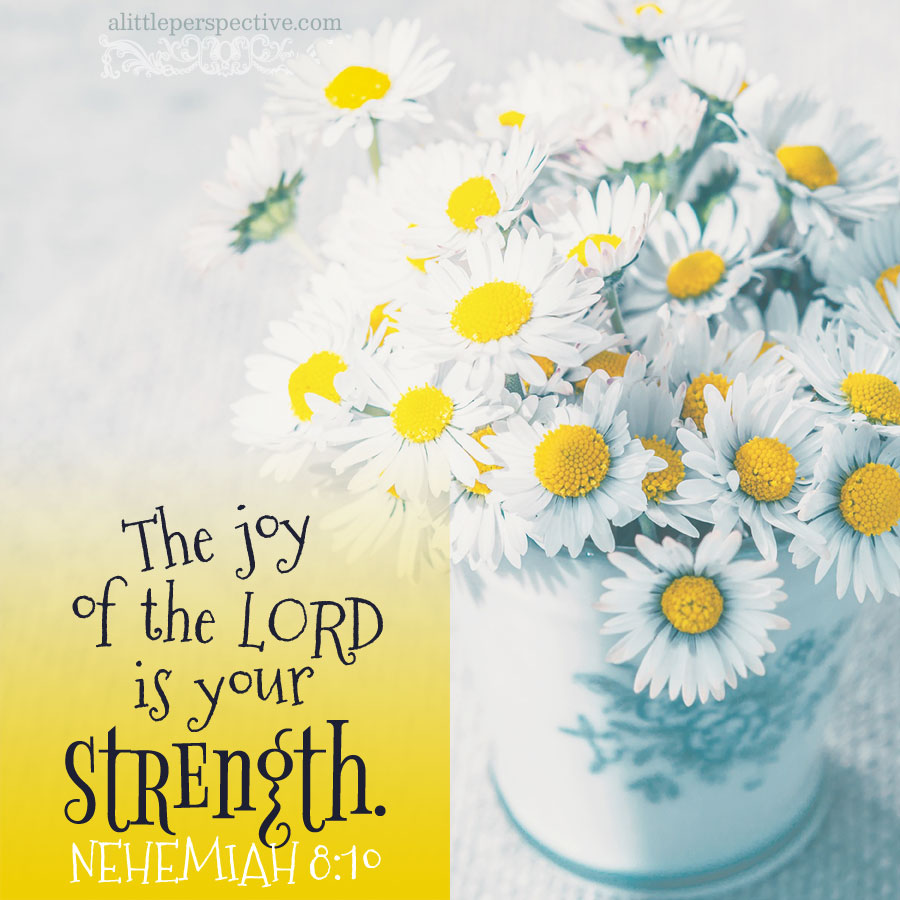Read Nehemiah 8 and 9 at Bible Gateway.
Hebrew paragraph divisions
Neh 7:73-8:4 {p} The people dwelt in their cities + gathered for 7th month 1st day to hear Ezra read the book of the Law
Neh 8:5-8 {s} Ezra read from the Law + the Levites taught the people the sense
Neh 8:9-12 {s} The Levites exhorted the people to joy, for the day was holy
Neh 8:13-15 {p} On the 2nd day they discovered the commandment to dwell in booths
Neh 8:16-18 {p} They made booths, and kept the Feast as commanded
Neh 9:1-3 {p} 7th month 24th day Israel assembled with fasting/ separated themselves, confessed + read in the book of the Law
Neh 9:4-37 {p} The Levites’ prayer of repentance before Yehovah
Neh 9:38-10:8 {s} Nehemiah the governor + the priests sealed the covenant made with YHVH
Neh 8 contains a description of a holy convocation as is commanded on feast days and holidays. The first day of the seventh month, when they assembled together at the Temple, was the Feast of Trumpets. A holy convocation is commanded on the feast day of Trumpets, as on the Sabbath and other annual feast days as well (Lev 23):
And the LORD spoke to Moses, saying, “Speak to the children of Israel, and say to them: ‘The feasts of the LORD, which you shall proclaim to be holy convocations, these are My feasts.” Lev 23:1-2
A convocation in English, is an assembly of persons who have been called together (Webster’s). In Hebrew, it is from the root word meaning to call, to call out, to cry out, to proclaim, to summon. So a holy convocation is an assembly of called out ones. Of what are we called out? We have been called out of the world, out of the nations, out of bondage, out of captivity, out of living for ourselves. We have been called together to worship the true God, Creator of heaven and earth.
The LORD has established set apart days specifically for His called out ones to gather together to worship Him. Common days are for labor to provide for our needs. Holy days (holidays) are for us to leave our labor and devote our attention to the Creator of heaven and earth.
The commandment in Lev 23 just establishes that the seven annual feast days, with the weekly Sabbath, are His holy days on which there is to be a set apart, or holy, convocation, or assembly of the called out ones, assembling together of the believers. Beyond some basic instruction (as to rest, or to offer certain sacrifices) there is not any instruction as to what a holy convocation looks like.
Neh 8 gives us a picture of a holy convocation on a feast day:
1) The priest or Levite reads from the book of the Law and the Word of God (note that the Law is foundational to all the rest of Scripture);
2) The assembled people stand to receive the reading of the Word. You know, this was very common in church services that I remember as a child. Today it is not often done. However, if the assembly were to stand to attention for the reading of the Word, it doesn’t add anything to the LORD. What it does for us, however, is convey to us and to our children, “This is important and is to be accorded honor and attention.”
3) The people received the reading of the Word with worship, with lifting up of their hands and bowing with their faces to the ground in worship.
4) The priests, Levites, and elders conveyed the sense of the Word they read, and helped the people to understand its meaning.
5) Often the reading of the Word calls forth repentance in the people, for the people gathered in Neh 8 wept when they heard the words of the Law which Ezra read. Repentance is appropriate.
6) However, feast days and holidays are days of joy, gladness, and rejoicing before the LORD our God for the goodness He has bestowed on us. The elders quieted the weeping of the people, and encouraged them to celebrate the day with joy and gladness, with eating the fat and drinking the sweet — with feasting and celebrating, and sharing abundance with those who had none.
Even if our churches only meet together on Sundays, Christmas, and Easter, and do not call out for the believers to assemble on Sabbaths and feast days, the command to meet together has not been rescinded at all, for Paul encourages us:
And let us consider one another in order to stir up love and good works, not forsaking the assembling of ourselves together, as is the manner of some, but exhorting one another, and so much the more as you see the Day approaching. Heb 10:24-25
We can call our family together in our homes; we can assemble together with other believers in homes; and we can humble ourselves before the LORD in worship, hearing the Word with reverence, and feasting together with joy and gladness!

















Leave a Reply